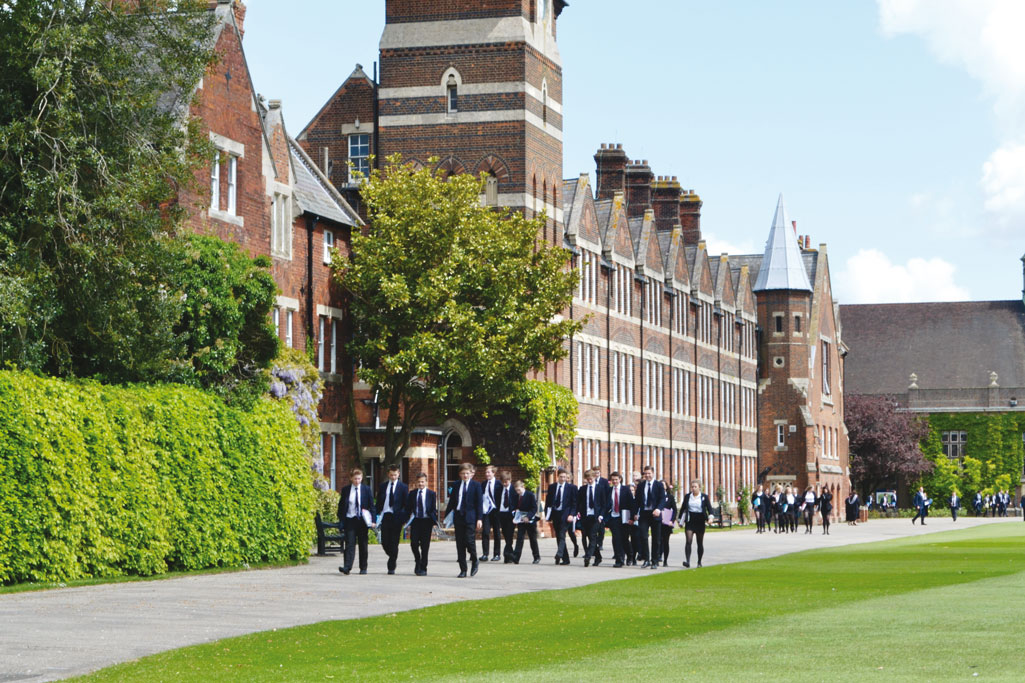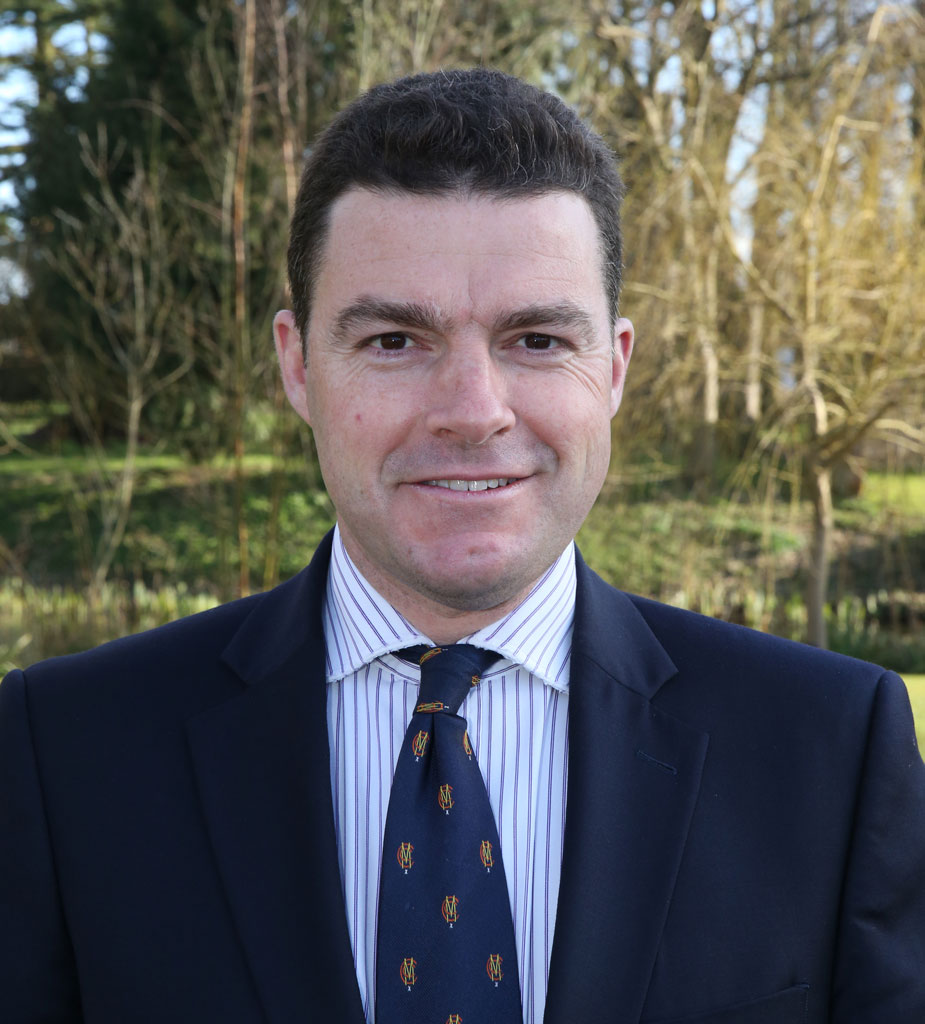How To Measure A School’s Success And Choose The Best
By
7 years ago
According to Chris Townsend, headmaster of Felsted

Chris Townsend, headmaster of Felsted, suggests a school’s success can only be evaluated long after a pupil has left.
Not long ago, George Osborne’s brainchild, the Northern Powerhouse Partnership, called for schools to be judged on the employment success of former students at the age of 25. This is a suggestion that would be of interest to any school that aims to prepare young people for life, not just exams.
An Education For Life, Not Just For Results Day
The idea has a great deal of merit, as it would take away the ‘dead end judgement’ of assessing schools on performance of pupils in a final exam and, in theory at least, look at how well schools really do prepare and educate young people for the rest of their lives.
I say in theory, because to me, 25 seems quite young to be assessing someone’s success in life. Yes, they may have completed a degree, and moved into employment, but their real successes are likely to come much later.
So why not judge outcomes based on former pupils aged 30, 40 or even 60? Aristotle argued that you could never judge someone to be happy (‘to have lived a good life’) until their final moment on earth, because there was always a chance that things might go wrong at the end! Not a glass half full man, that Aristotle.

Chris Townsend, headmaster of Felsted
The Difficulty
Of course, this still leaves two big questions to answer. First, how do we judge success in life (is it earning power, is it family, is it contribution to society, is it something completely different)? Second, to what do we attribute that success (is it school, is it university, is it family, is it innate qualities, is it chance)?
Since neither question can be answered easily, what looks a great theory probably remains just that for the moment, and we return to looking at league tables of exam outcomes, for all their flaws, to tell us about school performance.
Felsted’s Solution
At Felsted, our over-arching aim as a school is to ‘develop character and make a difference’. This is broken down further, to focus on ‘developing all students academically, making them into life-long learners, who are well-rounded, aspirational and globally minded with the skills to flourish beyond school, applying the principles of a growth mindset, to be the best that they can be’. None of this is tested solely in the exam room, and many of our most successful former pupils gained their success without boosting any ranking in a league table.
For me, it is the variety of skills developed, whether through Music, Drama, Sport, Duke of Edinburgh, Cadets, Model United Nations, International travel, Leadership and much more besides, that makes a school a success. Moreover, it is the encouragement of the individual, the support and engagement of teachers and parents, that is most likely to create the culture in which this success can be nurtured.

‘Many of our most successful former pupils gained their success without boosting any ranking in a league table’
Success Isn’t Achieved Inside An Exam Room
None of this should take away from the key understanding that we want every student to do the best that they can in their exams, but we want this because it shows that they understand the value of hard work, know how to learn, analyse and interpret, and that they care about how well they do. This does not equate to an absolute result, so a C might be just as valuable as an A* (or a 4 as hard-earned as a 9).
So, while I am not sure that the Northern Powerhouse Group has the right methodology, or measurement, I do think that they are on the right lines. Schools are successful because of the people that they produce after they have finished at school, not because of how well they do in the exam room in June.
READ MORE: How To Gain Key Business Skills – Without Going To University | Happy 50th Birthday To The IB



